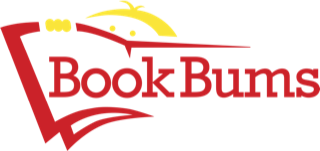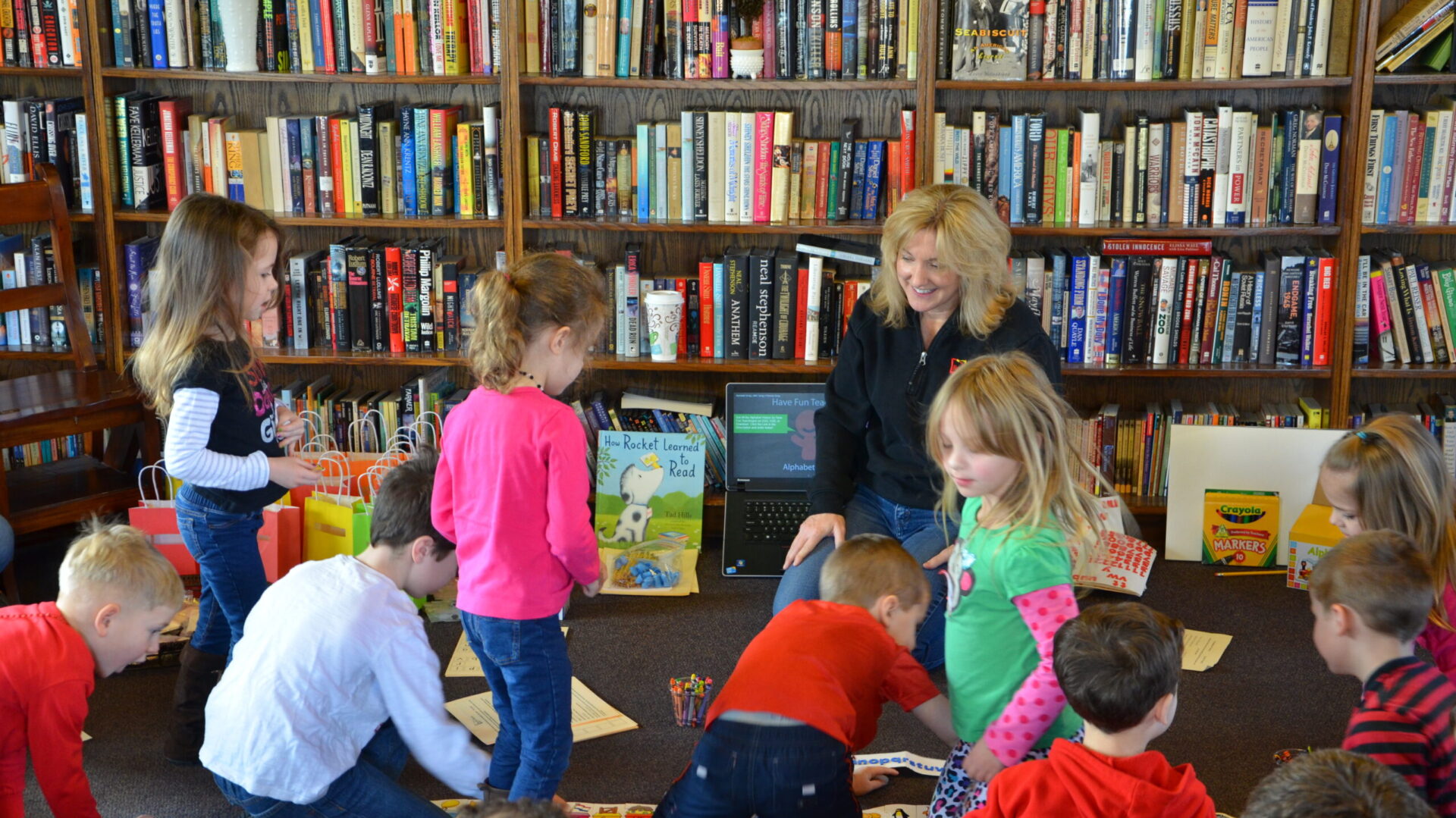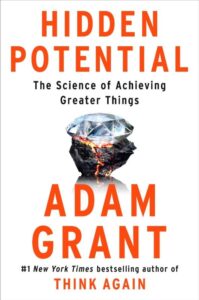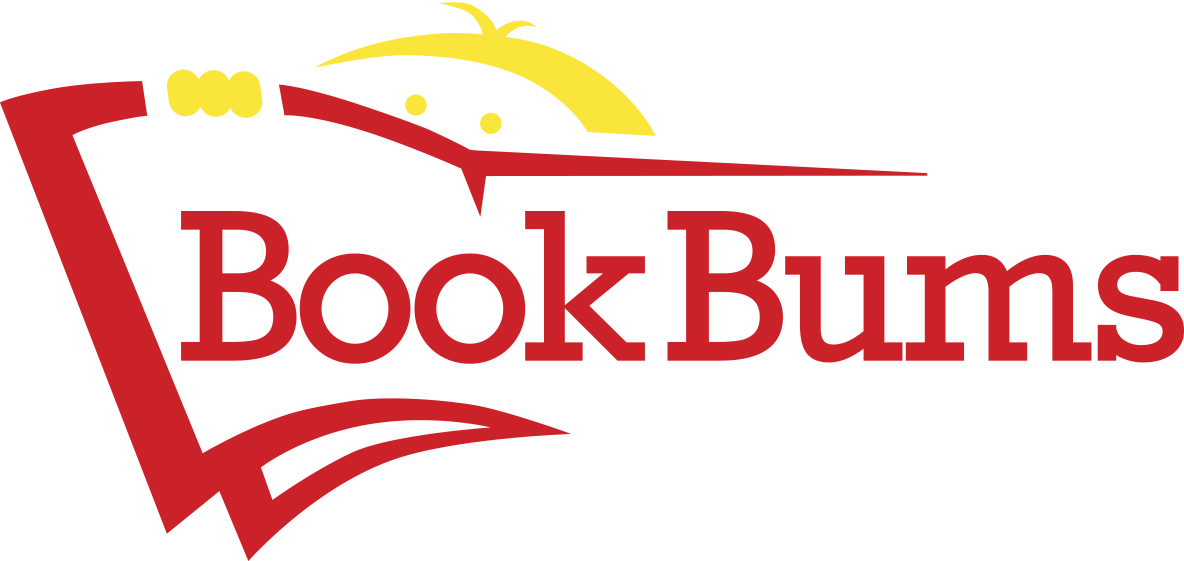
Hello Book Bums families!
This week's newsletter is full of seasonal ideas and serious tips to make learning fun. We're sharing some free monster downloads to practice word sounds and spelling. Dr. Christy also takes a deep dive into Halloween traditions, a murder of crows, and even the stock market. Enjoy!
Bookbums.com is an Amazon Associate; We earn from qualifying purchases. This means that if you click on a link to Amazon.com and make a purchase, We may earn a small commission at no extra cost to you. We do recommend the products. Feel free to find them by other means.
Word of the Week
spectral (spec-trul) adjective/describing word - relating to a ghost, ghostly
In a ghost story, characters often sense a spectral presence before they see or hear anything.
Literary Calendar
• October 14 is the birthday of American poet ee cummings.
• That's not a typo - he's known for his lack of capital letters and unorthodox use of punctuation.
• Use your imagination as you encounter parentheses, quotation marks, and a few capital letters in this poem.
here’s a little mouse
by ee cummings
here’s a little mouse) and
what does he think about, i
wonder as over this
floor (quietly with
bright eyes) drifts (nobody
can tell because
Nobody knows, or why
jerks Here &, here,
gr(oo)ving the room’s Silence) this like
a littlest
poem a
(with wee ears and see?
tail frisks)
(gonE)
“mouse,”
We are not the same and
i, since here’s a little he
or is
it It
? (or was something we saw in the mirror)?
therefore we’ll kiss; for maybe
what was Disappeared
into ourselves
who (look). ,startled
From our Bookshelves
Hidden Potential: The Science of Achieving Greater Things by Adam Grant is a great book. Rarely do folks find nonfiction books to be page turners, but this one—well I could hardly put it down. There was not a lot of new-to-me information, but it was organized in such a way that I was happy to revisit concepts and consider them again with fresh eyes. The premise of the book is that “with the right opportunity and motivation to learn, anyone can build the skills to achieve greater things.”
As one who works with kids, I recognize that great teachers coach students beyond simply teaching the assigned curriculum. Great teachers also teach kids how to learn and inspire them to want to learn.
Though I’d highly recommend Hidden Potential to parents and educators, we can all benefit from recognizing how the attributes of being 1) proactive, 2) prosocial, 3) disciplined, and 4) determined positively impact our success. Additionally, knowing that the best way to accelerate growth is to embrace, seek, and amplify discomfort might be helpful. I’m not sure that’s encouraging, but I am fairly certain you’ll enjoy learning how to uncover your hidden potential.
TIP: While reading this book, I was reminded of an experiment showing that the folks who listened to information scored 21% less well than the folks who read the same information themselves. Though you could listen to Grant’s book on Audible and greatly enjoy it, it might behoove you to read it yourself.
Tips for Families
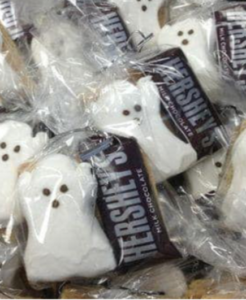
I did a deep dive on people’s favorite Halloween traditions. I thought you might be interested in adding some of these to your family’s fall festivities.
Many families mentioned:
• having chili or stew for dinner before trick or treating
• watching Halloween movies while eating kettle corn and those Pillsbury sugar cookies
• leaving a large plastic skeleton in funny positions around the house (Imagine your kids finding your large skeleton doing something funny, like sitting on the toilet or whipping up some pancakes at the kitchen counter wearing an apron and chef’s hat, every Halloween morning.)
• watching Hocus Pocus, Charlie Brown the Great Pumpkin, Scooby Doo, Monsters, Inc.
• carving and/or painting pumpkins (and roasting pumpkin seeds)
• sitting down after trick or treating and sorting and trading favorite candies
• adding a glow stick in treat buckets to make them glow while walking around—safe and magical
• raking leaves and jumping in
• giving and/or getting full-sized candy bars (be the hit of the neighborhood)
• carafes of coffee and hot chocolate
• bonfires and s’mores (see the image above for s’more kits you can make)
• keeping a stash of costumes from year to year to wear whenever the spirit leads
Tips for Raising Readers and Writers
Have you been to Cincinnati’s Books by the Banks book festival? I haven’t but lots of Book Bums have, and they give it rave reviews!
On, November 16, from 10:00am to 4:00pm, Books by the Banks will be held at the Cincinnati & Hamilton County Public Library, which is located at 800 Vine Street, Cincinnati, OH.
Visit the website https://booksbythebanks.org to learn about the authors who’ll be attending, the writing contest with cash prizes for teens and adults (for both prose and poetry), and the opportunity for lots of book shopping (and getting authors’ signatures).
Practical Grammar
I’m betting you know the difference between bare and bear.
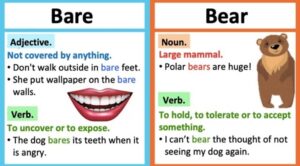
Yeah. Me too. But I’m sixty years old and I never knew the word bear went with market.

It turns out that bear markets occur when prices in a market decline by more than 20%, often accompanied by negative investor sentiment and a weakening economy. All my life I thought that must have been bare [sic] market—as in without addition. What in the world do bears have to do with the market? You know I looked it up. Evidently, the term “bear” has been thought to derive from how the animal fights—because bears swipe down with their paws.
Lame.
Bare makes much more sense.
Sheesh.
News from Book Bums
At Book Bums, we’re always trying to make learning fun! We’re including some phonemic awareness practice pages with this newsletter. Just click the link and print the two documents. Add some small candies and invite your kids to stretch out the sounds they hear in the words you say. They’ll move a candy up, moving from left to right, to represent each sound they hear in the words you read to them. If you want your kids to try spelling the words, simply place a piece of packing tape so it covers the top boxes with the lines in them. Just use one long piece of tape and lay it across the whole paper. Then you can use dry erase markers to spell the words too!
Remember, only ask your kids to spell the words they’re equipped to spell correctly. If your child hasn’t had the “two vowels together” lesson, asking them to spell words like sweet is an unfair ask.
Tips for Teachers
October is National Dyslexia Month.
I wanted to share common characteristics of dyslexia that I believe might be helpful for educators and families when it comes to determining whether children are struggling because they have dyslexia OR they’re struggling because they haven’t yet been sufficiently equipped to navigate our code-based language.
If the following characteristics are true for a student who’s struggling to learn to read, the student might have dyslexia. If the following characteristics are not true for a student who’s struggling to learn to read, it’s likely because s/he has not yet received explicit, systematic phonics instruction.
1. Late learning to talk
2. Difficulty pronouncing words
3. Difficulty acquiring vocabulary or using age-appropriate grammar
4. Difficulty following directions
5. Confusion with before/after, right/left, and so on
6. Difficulty learning the alphabet, nursery rhymes, and/or songs
7. Difficulty understanding concepts and relationships
8. Difficulty with word retrieval or naming problems
9. Difficulty naming colors, objects, and letters rapidly, in a sequence
10. Weak memory for lists, directions, or facts
11. Difficulty identifying or generating rhyming words, or counting syllables in words (phonological awareness)
12. Difficulty with hearing and manipulating sounds in words (phonemic awareness)
13. Difficulty distinguishing different sounds in words (phonological processing)
14. Difficulty in learning the sounds of letters (phonics)
15. Difficulty remembering names and shapes of letters, or naming letters rapidly
16. Needs to see or hear concepts many times to learn them
While dyslexia is a lifelong learning disability, early and effective intervention can help students keep up in school and minimize the negative effects dyslexia can have such as low self-esteem. Though there is no cure for dyslexia, the right instruction can help children attain academic success. Many students who receive excellent instruction may present as having no evidence of dyslexia.
You can find more information from Mayo Clinic about the best treatment for dyslexia here.
It is a myth that fMRI brain scan studies show that dyslexics’ brains work differently from those of non-dyslexics. When a brain scan is done of someone who struggles to read while he is trying to read, the scan will look different than one of someone who has no trouble with reading. When the first individual is then taught to read properly, his scan will look exactly the same as the second individual’s scan.
That’s cool, isn’t it?
One more thing: Only if letter reversals do not stop after two years of handwriting instruction, does it become a warning sign for dyslexia. Did you catch that? Two years of handwriting instruction! Continue coaching your young students to use tidy and efficient letter formations.
Wordology Workshop
• The Latin root avi means bird.
• You can find it in bird-related words like avian and aviary.
• You can also find it in flight-related words like aviation and aviator.
Just for Fun
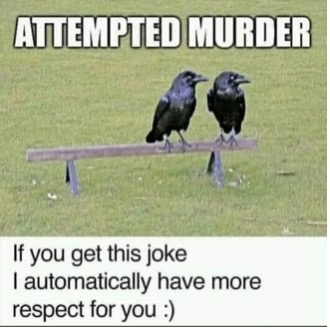
Do you know about collective nouns? They’re words used to denote groups of people or things.
To get this joke, you’d need to know that a group of crows is called a murder.
How many of these collective nouns do you recognize?
Bats: a colony, cloud or cauldron
Buffalo: a gang or obstinacy
Camels: a caravan
Caterpillars: an army
Cobras: a quiver
Crocodiles: a float or bask
Crows: a murder
Dolphins: a pod
Donkeys: a drove
Eagles: a convocation
Elephants: a herd or parade
Emus: a mob
Finches: a charm
Flamingos: a stand or flamboyance
Frogs: an army or a colony
Giraffes: a tower
Goldfinches: a charm
Grasshoppers: a cloud
Hawks: a cast or kettle
Hippopotami: a bloat or thunder
Hyenas: a cackle
Kangaroos: a troop or mob
Lemurs: a conspiracy
Leopards: a leap
Lions: a pride
Mallards: a sord
Manatees: an aggregation
Monkeys: a barrel, cartload or troop
Otters: a family, romp or raft
Owls: a parliament
Parrots: a pandemonium or company
Peacocks: a muster or ostentation
Pigs: a drift or drove (younger pigs), or a sounder, litter or team (older pigs)
Porcupines: a prickle
Rabbits: a colony or warren
Raccoons: a gaze
Rhinoceroses: a crash
Sharks: a shiver
Skunks: a stench
Snakes: a nest or knot
Squirrels: a dray or scurry
Starlings: a murmuration
Stingrays: a fever
Storks: a mustering
Swans: a bevy or lamentation, a wedge when in flight
Tigers: an ambush or a streak
Turkeys: a gang, posse or rafter
Turtles: a bale or nest
Vultures: a venue
Wasps: a pledge
Weasels: a colony, gang or pack
Whales: a pod, school or gam
Wolves: a pack or route
Woodpeckers: a descent
Zebras: a zeal
Note: In formal academic writing you should be careful to treat collective nouns as singular, even when they are plural in appearance.

Is anyone else thinking about Alfred Hitchcock’s The Birds based on the story by Daphne du Maurier—who also, by the way, wrote the classic Rebecca?
If you want to, you can watch The Birds on Netflix.
What's the matter? Is something wrong out there?
We're fighting a war, Sam.
A war, against who?
Against birds!
If you know someone who would benefit from our newsletter or tutoring at Book Bums, please share this email with them! Thank you.
Copyright © 2024 Book Bums, All rights reserved
Our mailing address is:
7967 Cincinnati-Dayton Road Suite L
West Chester, OH 45069
